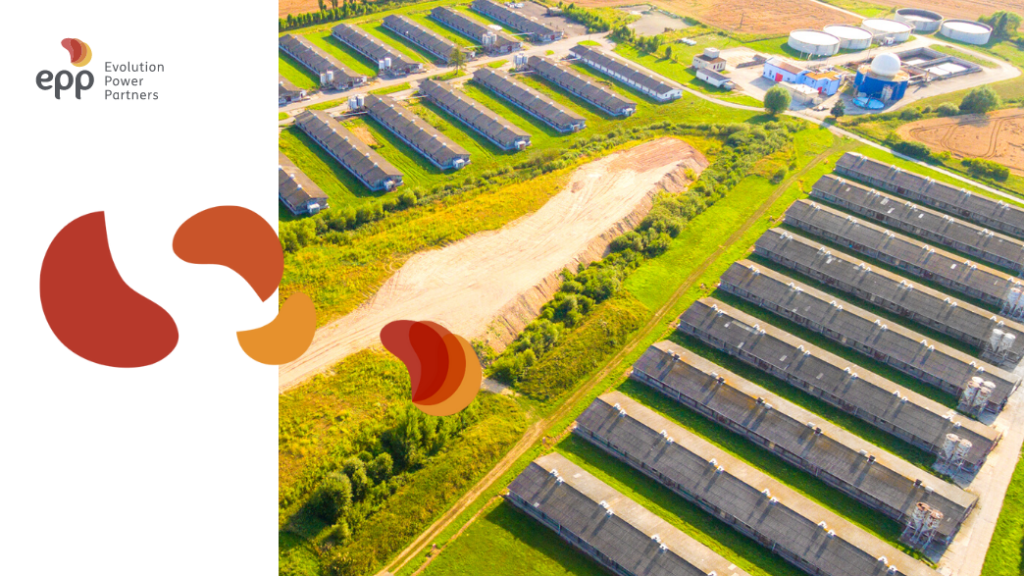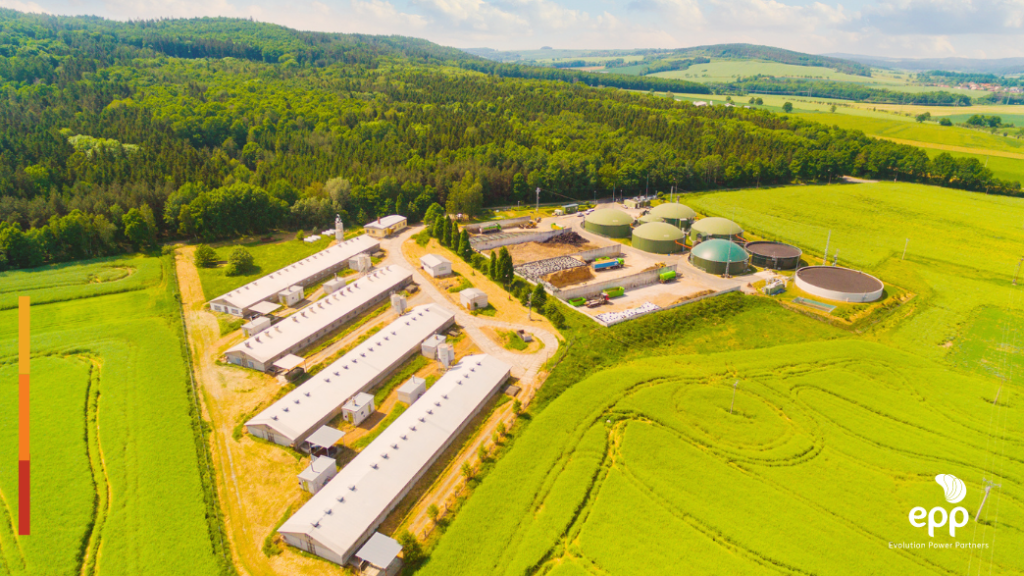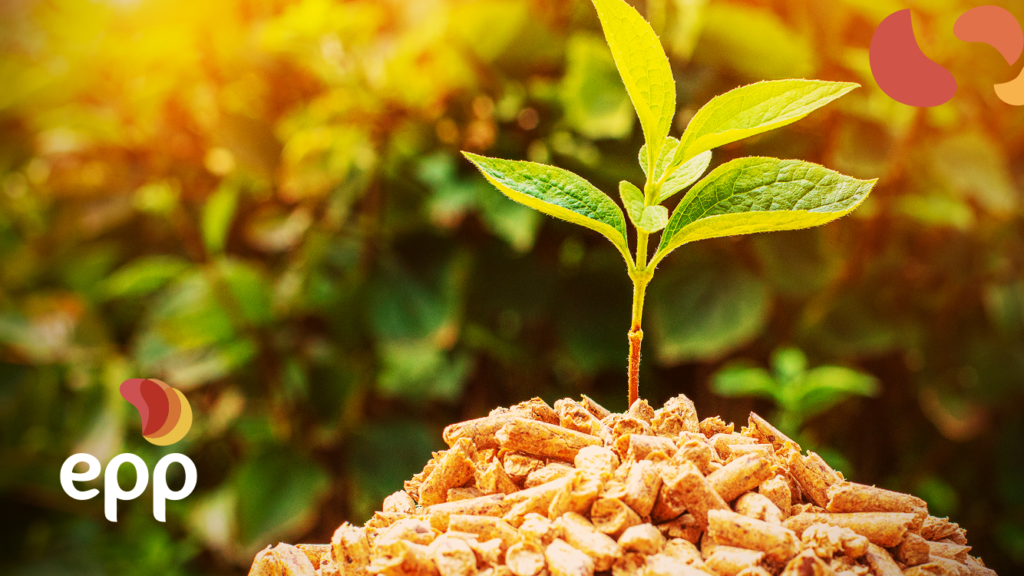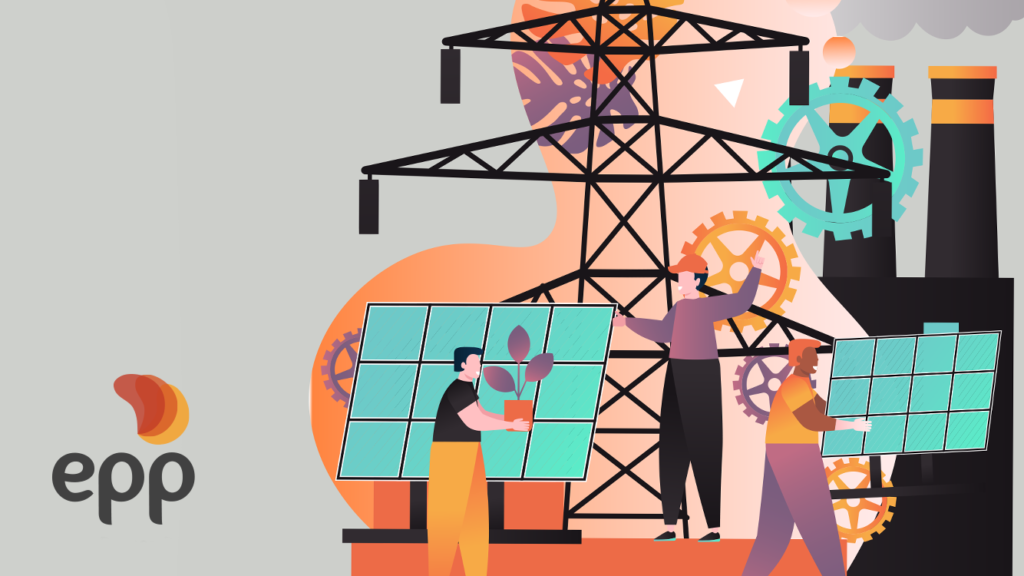Is it possible to develop biogas in agriculture? In recent years, the agricultural sector has been one of the main drivers of economic growth in Brazil. Following this development, the energy sector has seen in this market a way of generating energy and achieving sustainability goals, such as those agreed at COP26.
According to CCEE, in May 2021, thermoelectric plants that used sugarcane bagasse accounted for 33% of the energy supply coming from thermoelectric plants. Waste that was once a problem for the producer is now a source of renewable energy generation. Biomass-powered thermoelectric plants, such as sugarcane bagasse, wood and forestry industry residues, have a high […]




